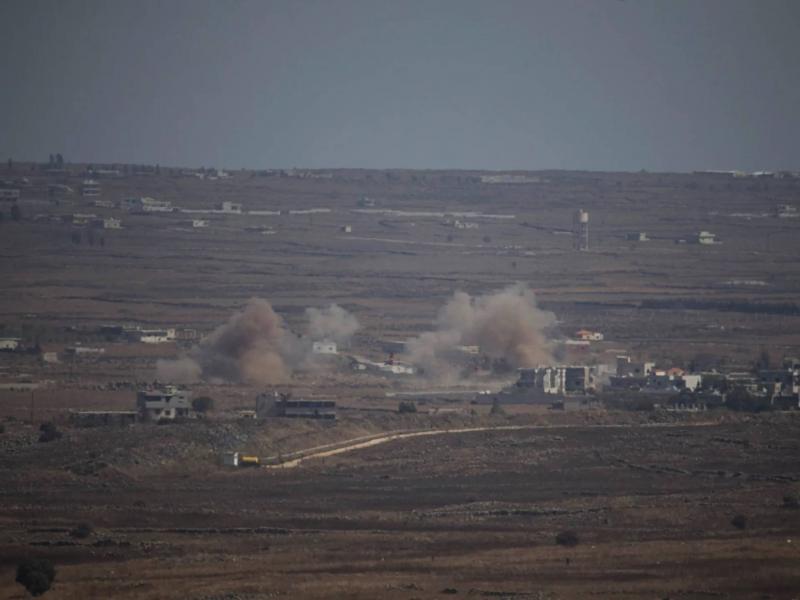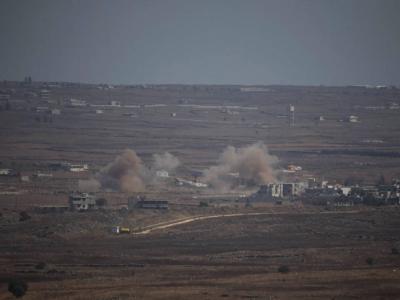Bloomberg reported that Israel is working to diversify and enhance its continuous energy supplies as part of preparations to face the anticipated dangers from attacks by Iran or its proxies using missiles and drones. According to the U.S. agency's report, Israeli mayors and cities have equipped battery-operated sirens, and first responders have received satellite phones, while old transistor radios could serve as a vital information lifeline if people need to move to shelters. Israeli authorities are also preparing for the worst-case scenarios, including stockpiling fuel reserves for power plants in case of disruptions in regular supplies.
In this regard, Tamar Vikler, Vice President for Operations, Logistics, and Security at the Israel Electric Corporation, the country's largest electricity provider, stated, "We have purchased countless quantities," explaining that since the surprise attack launched by Hamas on Israel on October 7, the Israeli Electric Corporation has been building defenses at its power plant sites.
Gas platforms at sea are at risk of attacks from Hezbollah, and in the event of a full-scale war in the north, Israel will shut down those platforms on a case-by-case basis, which makes full closure likely to take time, as an Israeli official told the agency. Even a short power outage could make it difficult to keep the Israeli public informed about events and developments, prompting authorities to hasten the installation of backup diesel generators or lithium batteries for more than half of the cell towers in the northern part of the country, including in the coastal city of Haifa, while dozens of towers are connected to nearby corporate generators or municipal facilities in Tel Aviv.




